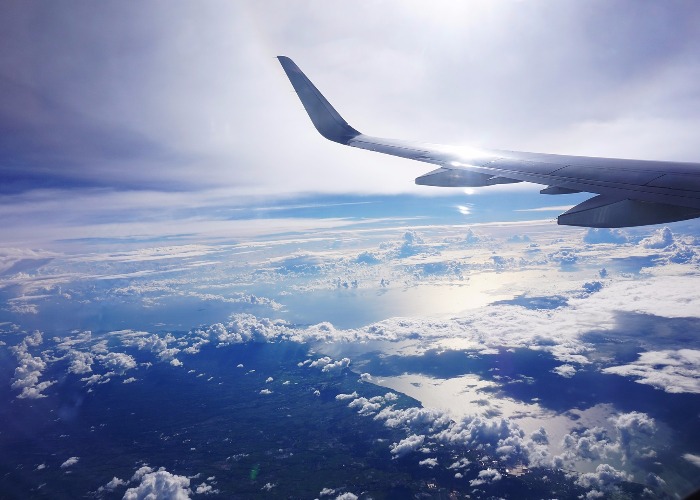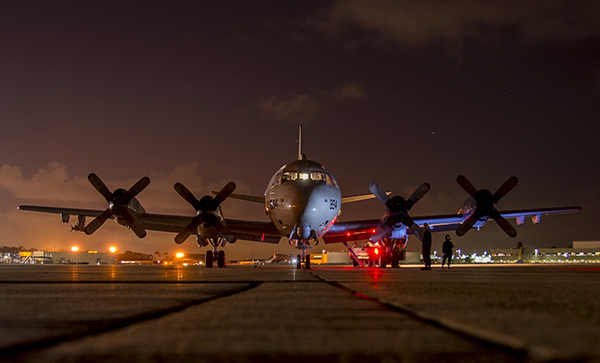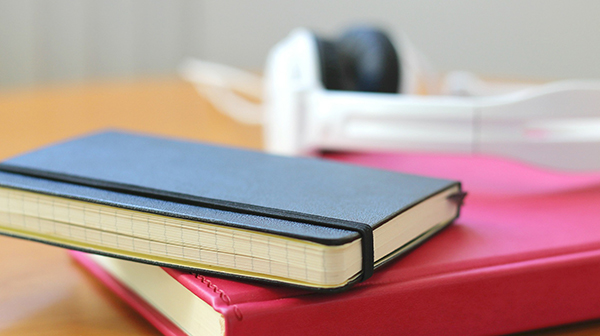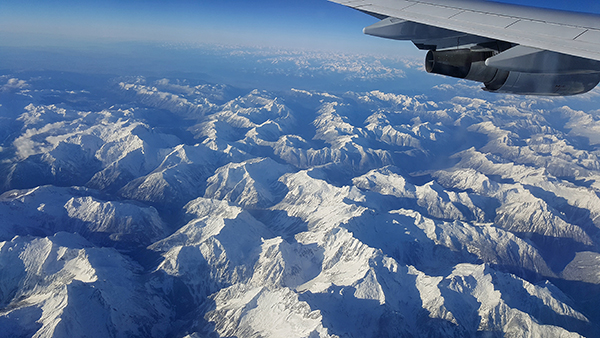How to cope with flying anxiety and fear

Take control of your flying fears, before they take control of you.
It's the safest mode of transport (there's a one in five million your plane going down) but for some travellers, the fear of flying is a genuine problem. Whether you experience a pang of anxiety at take-off, or suffer from full-blown claustrophobia at 30,000 feet, a fear of flying can put a real dampener on your trip.
Here are nine ways to get over that flying anxiety and have a smooth journey.
1. Identify the fear
Before you take your next flight, identify where your fear has come from. Ask yourself: when and how did it start? Has it got worse or stayed the same? How does the phobia manifest itself? Once you’ve identified the source and nature of the problem, you can identify whether this is a specific phobia, a low-level anxiety you can self-manage or a clinical anxiety you may need help with.

2. Manage your stress
The panic or anxiety some of us experience when we fly could be exacerbated by outside factors. This can include how active we are, our diet and external stressors. Try and build up a self-awareness of what affects you personally and what may help alleviate your fears.
Book yourself an aisle seat so you feel in control. Consider avoiding alcohol and caffeine and fit in some exercise before you travel. It may also help to avoid any stressful news coverage in the lead up to your flight to help you feel more calm.
3. Practice mindfulness
Download a mindfulness app such as Headspace, Calm or Buddhify to listen to during your journey. Many of them have sessions especially made for travelling. With regular practice, meditation can help you feel more in tune with any irrational and unhelpful thoughts.

4. Book in for a massage
Massage can be a highly effective way to ease anxiety. So, consider checking in your luggage early and booking yourself in for a spa treatment in one of the airport lounges. By tackling muscle tension and using healing essential oils, you’re bound to feel a little more zen on the flight.
5. Use the power of distraction
Before you board your flight, plan a list of leisurely things to do to keep your mind occupied. Read your favourite magazine, complete that adult’s colouring book you’ve been putting off or use the opportunity to reflect on life and career goals.
Listening to your favourite music or closing your eyes and counting in your head can also help lower the risk of panic.

6. Practice positive visualisation
Do you find your imagination runs wild and you conjure up images of all the things that could possibly go wrong during your flight? If your answer is yes, you may be prone to what psychologists call ‘catastrophising.’
A key way to tackle this is through positive visualisation. Try and gently turn your thoughts to an alternative, more positive outcome and focus on the positive things you are going to do when you land in your destination. It may also help to use verbal positive affirmations. Tell yourself ‘I am safe’ or repeat your own personal mantra in your head.
7. Move and breathe
The body’s ‘fight or flight’ response – our body’s physiological response to stress or attack – often kicks in when we’re feeling frightened or we’re in an uncomfortable situation. From the moment you board the aircraft, try and focus on dropping your shoulders and slowing down your breathing. Just a few deep breaths can reduce the level of stress hormones in the body
Exercise can also help – so get up from your seat if you can, or carry out the inflight exercises from your seat.

8. Take a fear of flying course
UK airlines run a range of clinics and practical courses to help passengers fly anxiety-free. British Airways run regular Flying with Confidence courses from Edinburgh, Heathrow and Gatwick airports with trained pilots and clinical psychologists. They have options for private and child-friendly courses too.
If you don’t have time to book a session, consider signing up for EasyJet’s premium service and use their emergency helpline – a handy ‘stop-gap’ if your next flight is coming up soon.
9. Try therapy
There are various therapies available if you feel you can’t manage your fear of flying alone. Cognitive behavioural therapy (CBT) is best for those whose fear is driven by irrational thoughts or habits that have developed over time, or from a traumatic experience.
Hypnotherapy can also be highly effective if you are prepared to dedicate the time to a course. Many trained hypnotherapists offer fear of flying courses, some of which take a holistic approach, incorporating a self-awareness therapy known as Neuro-Linguistic Programming or (NLP) and CBT too.
Comments
Be the first to comment
Do you want to comment on this article? You need to be signed in for this feature